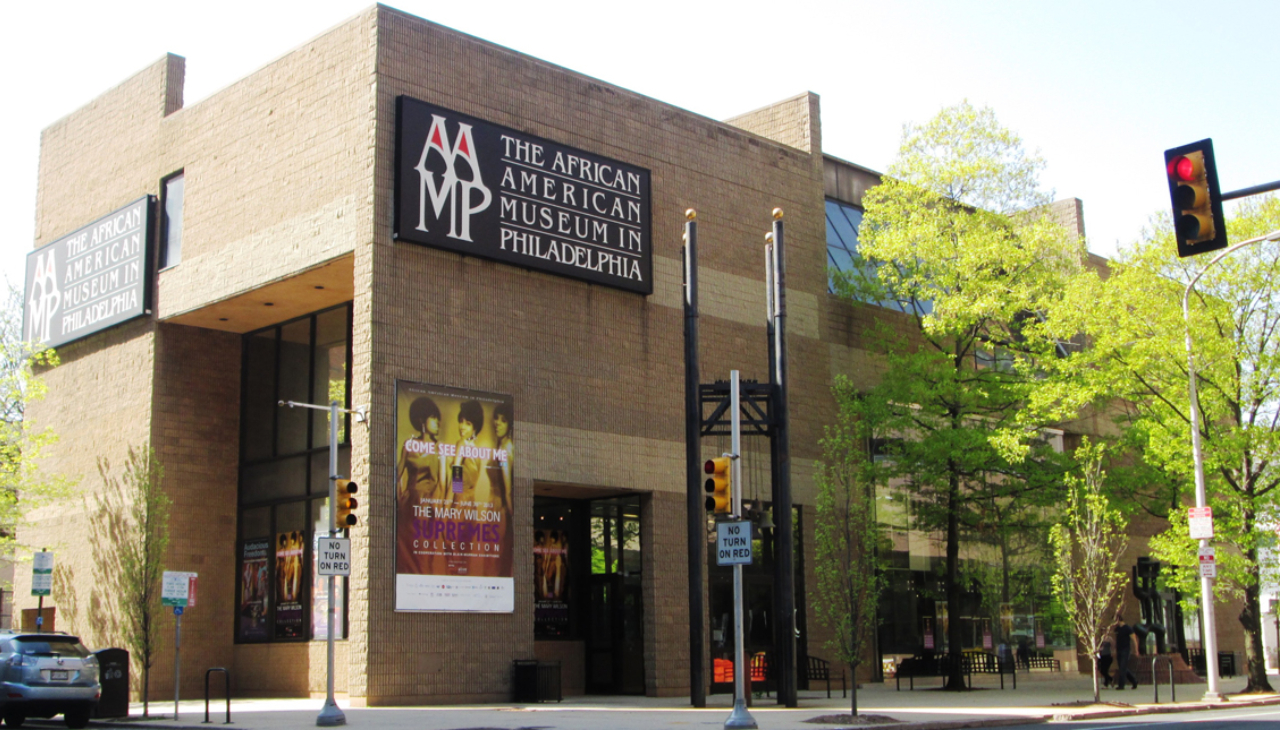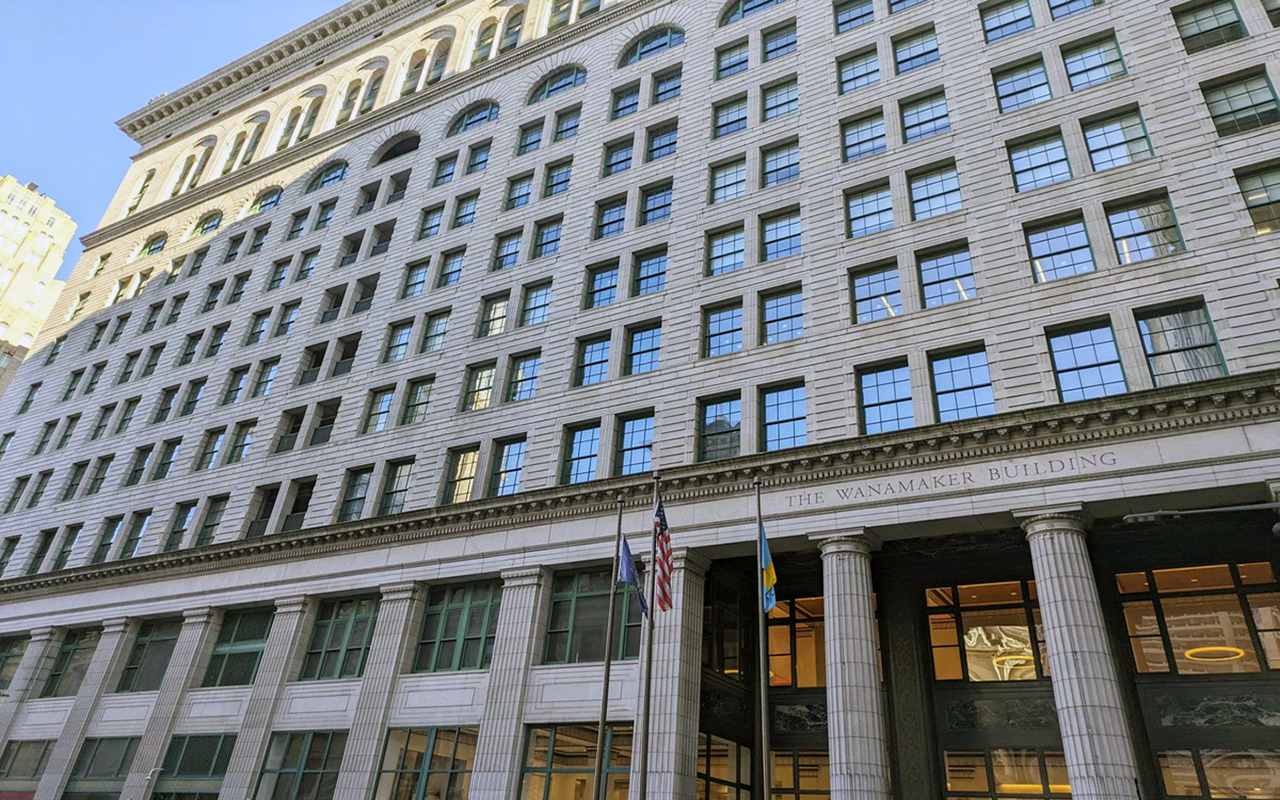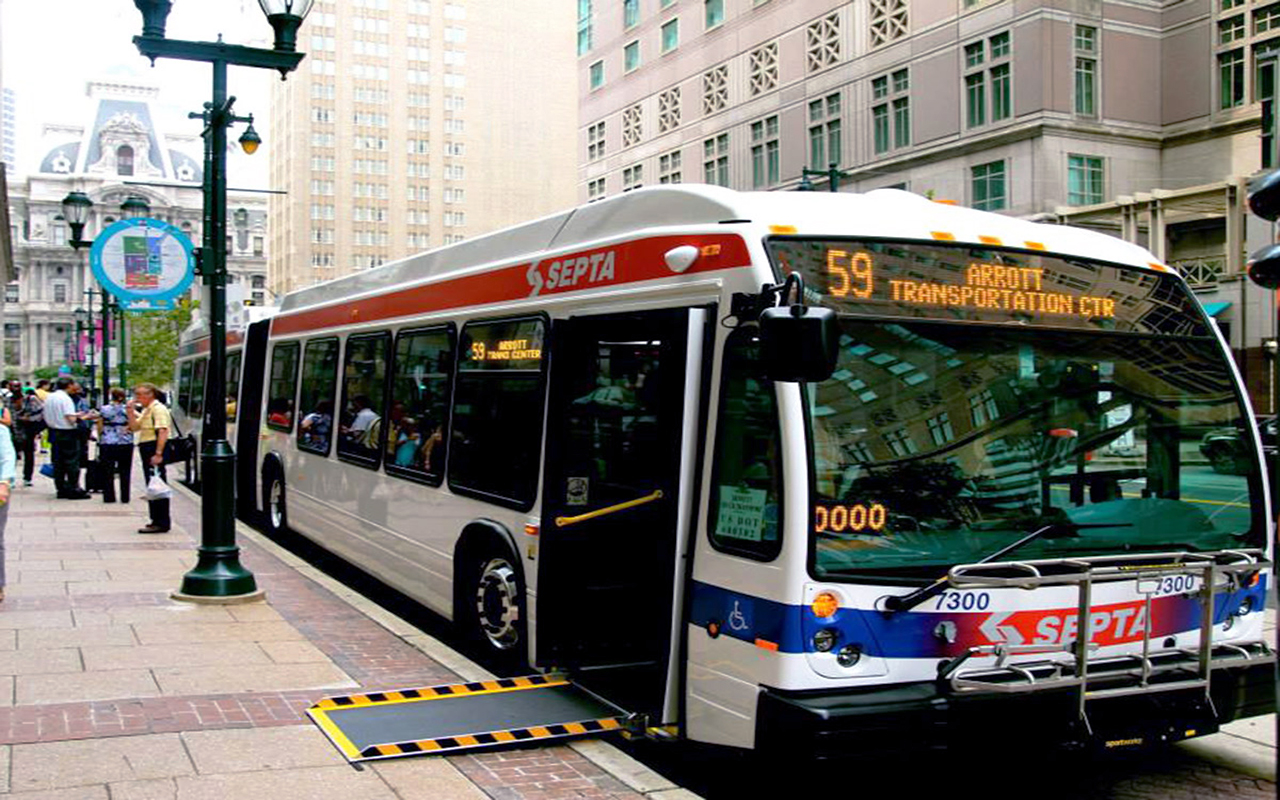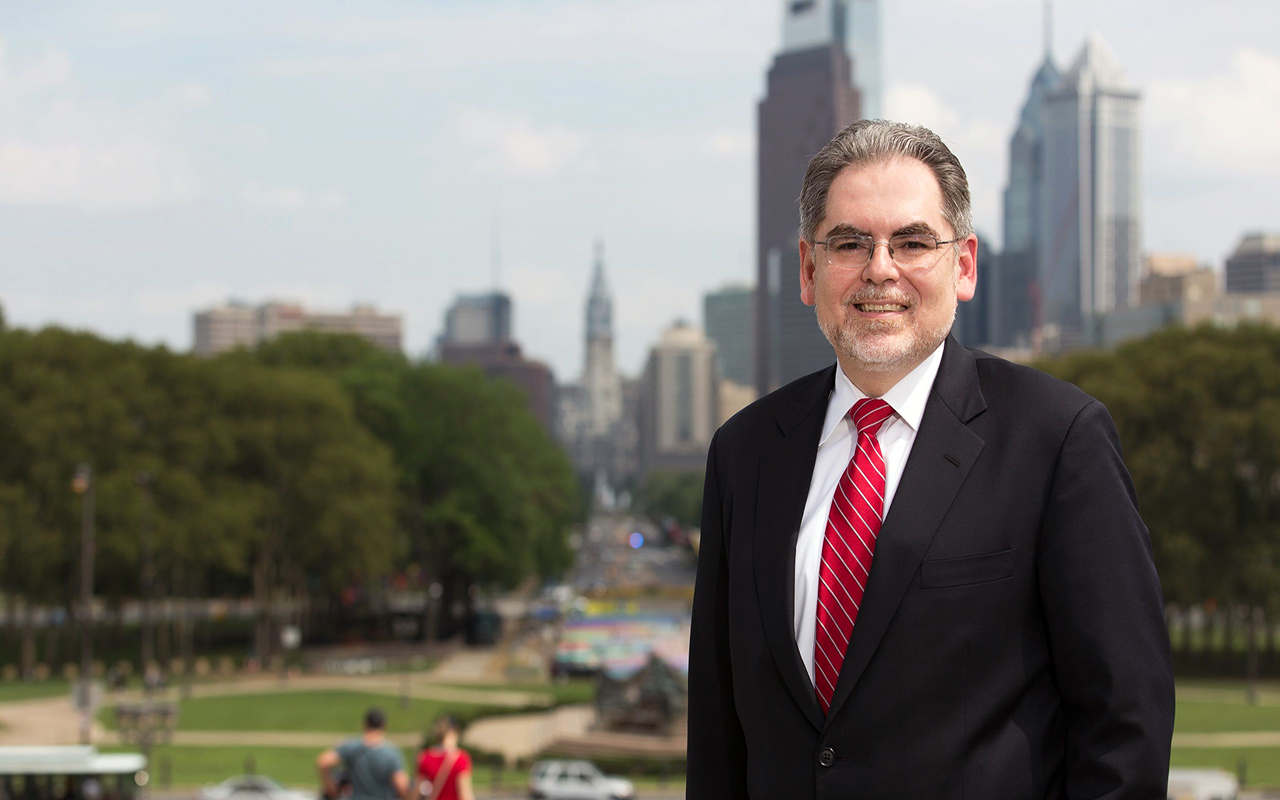
The African American Museum of Philadelphia is moving to Ben Franklin Parkway
After being perched on the corner of 7th & Arch Streets since its creation in 1976, the African American Museum of Philadelphia (AAMP) will be relocated to Ben Franklin Parkway.
The news was announced during a conference on Thursday, Aug. 11, where officials revealed that the museum will be moving to the former Family Court Building at 1801 Vine Street.
In a statement, Mayor Jim Kenney noted that the launch of the AAMP during the bicentennial gave Philadelphia the distinction as the first city in the US to fund and build such an institution.
Fifty years later, the move marks another milestone of significance.
“As we approach the 250th anniversary of our nation’s founding in 2026, our announcement of a new home for the African American Museum in Philadelphia is a reaffirmation of our city’s commitment to supporting and uplifting the museum’s mission,” said Mayor Kenney.
“The redevelopment of this historic building to house AAMP marks a significant moment in the life of our city and its most celebrated cultural thoroughfare, the Benjamin Franklin Parkway,” he continued.
Council President Darrell L. Clarke highlighted the importance of this announcement to not only the City of Philadelphia and the Museum, but African American history.
“From the successful protests to desegregate Girard College to the first legislative act ever passed by a democracy to outlaw slavery, African Americans have played critically important roles in our city’s and Commonwealth’s long histories,” said Clarke. “ It’s only fitting that the Museum highlighting and telling these important stories be developed and located in a central location — the Ben Franklin Parkway.”
The move is part of the redevelopment of 1801 Vine and 1901 Wood Streets — a 240,000 square foot historic building and the approximately 88,000 square foot adjacent lot, respectively.
In addition to the new home for the African African Museum, the Free Library will soon have a plan for 1901 Wood Street. More amenities include a 60,000 square foot Children and Family Center, auditorium, storage, and administrative office space to the Parkway Central Library.
Dr. Ashley Jordan, who was appointed the new President & CEO of the African American Museum in 2021, noted she is “thrilled to be a part of the reimagining of one of Philadelphia’s most prominent public buildings.”
CONTENIDO RELACIONADO
“As the African American Museum in Philadelphia further positions itself to become a world-class attraction, this move — minutes away from the Ben Franklin Parkway and renowned institutions — will complement our efforts and affix our museum to Philadelphia’s cultural landscape.”
As eventual neighbors, AAMP and the Free Library will likely open the door to partnerships and collaboration opportunities.
Kelly Richards, who became the new President and Director of the Free Library of Philadelphia last fall, noted such.
“The possibilities for even stronger collaboration between the Library and the African American Museum are incredibly powerful. I am excited for all that lies ahead and excited to welcome the museum and its staff,” he said.
The redevelopment is still in its infancy, as four development teams are currently short-listed to submit proposals for the sites, with a request for proposals expected to be released to them by the end of the month and proposals planned to be due at the end of the year.
PIDC will be managing the process of choosing the proposal.
“We are committed to catalyzing development of projects that create quality jobs, advance equity, and promote sustainability. This project is exemplary of that commitment,” said Anne Bovaird Nevins, President of PIDC, Philadelphia’s Industrial Development Corporation. “With significant private investment led by an inclusive development team, this property will create needed public amenities and will benefit Philadelphians and visitors alike.”
Given its early stages, it is not yet clear when this project will come to fruition in its entirety, though it is expected to take at least a few years.









DEJE UN COMENTARIO:
¡Únete a la discusión! Deja un comentario.